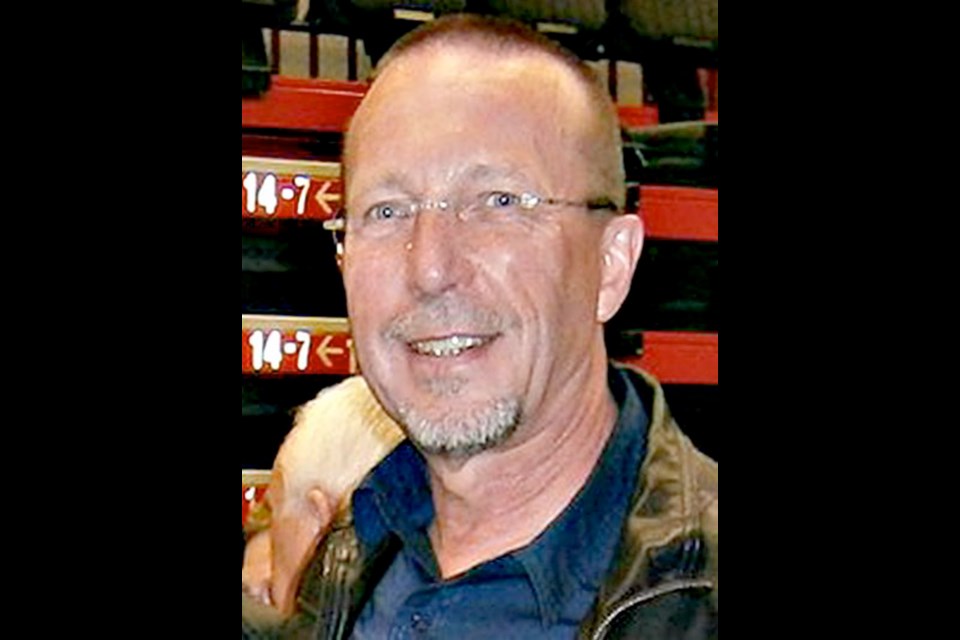Today, in a little town in the north of France, a wreath is being placed on the long-forgotten grave of a Victoria soldier killed in the last days of the First World War.
The gesture isn’t being made by Veterans Affairs, or the Legion, or any official body, but by a lone Frenchman who grew curious about the three Canadians buried in his local cemetery.
That’s what makes Patricia Scow grateful: the idea that a stranger in a far-off country would take it upon himself to honour her grandfather, Fred Plummer, long after he had faded from memory. “I’m touched,” she says.
The story goes back a century to the outbreak of the Great War. Among those to sign up was Plummer, a handy fellow who had built his home at 143 Joseph St. in Fairfield and helped build the Gonzales Observatory.
When Plummer shipped out for Europe, he left behind his wife, Rose, and their infant daughter, Scow’s mother. Unbeknownst to him, Rose was pregnant with a second daughter who would be born in 1915. It’s doubtful he ever met her. Plummer was in his thirties, a sapper with the First Canadian Engineers Battalion, when he died Nov. 2, 1918, just nine days before the end of the war.
Fast forward to 2010 and La Sentinelle, a French town of 3,300, where Daniel Brulant came across a brief newspaper reference to three Canadians interred at the local cemetery.
“Who are these forgotten soldiers?” he asked himself.
He made some inquiries, but it wasn’t until this July that the 60-year-old began researching in earnest, sometimes spending two or three hours a night on the Internet, trying to solve the puzzle. He ran into plenty of dead ends, but kept picking away at the knot. He wanted to place photos of the fallen Canadians on their graves.
In September, he connected with Vancouver’s Maurice Guibord, president of the Francophone Historical Society of B.C., who linked Brulant, who speaks little English, with Plummer’s grandson, George Pinder of Cobble Hill. Pinder didn’t have a photo of his grandfather, but his sister, Vancouver’s Patricia Scow, did. It was Victoria-raised Scow who, on Nov. 3, one day after the 96th anniversary of Plummer’s death, provided Brulant with a photo of her grandfather.
“I just happened to have the picture on the wall,” she says.
Scow herself knew little of Plummer. Her memories are of her grandmother, Rose, who died in 1982 at age 98. “Granny never said much, but I knew she missed him and respected him.”
She says it’s nice knowing that this one man in his little town in France, so far away, is keeping alive the memory of her grandfather. “It’s too bad that my grandmother and mother aren’t here to appreciate the fact that he’s being recognized.”
There have been a few stories like this in the past year, people half a world away making a point of remembering the Canadians who died in their countries.
Last Remembrance Day, we learned how Véronique Petit Derin, a doctor in Verdun, France, had traced the Victoria family of Capt. F.D. Pemberton; her great-grandfather had risked his own safety to tend to Pemberton’s body after the pilot was shot down in German-held territory in 1917.
In May, we learned of Holland’s Gerry Van Holt, who began a campaign to attach photos and life stories to the graves of 1,355 Canadians — including 11 from Victoria and Duncan — buried at the Holten cemetery in the Netherlands in the Second World War. Van Holt’s campaign was a success, but he died in October.
Then there was last week’s tale of Mohammad, the Afghani election worker who ended up in Victoria after getting death threats from the Taliban. He emphasized his appreciation for every Canadian who had served to free his country from oppression.
It’s gratifying to know that these people haven’t forgotten the Canadian soldiers buried in their soil.
Today, way off in La Sentinelle, Brulant is placing wreaths on three graves, including Plummer’s.
“Never forget these brave Canadians,” he wrote in an email from France, “and be proud of their sacrifices.”



